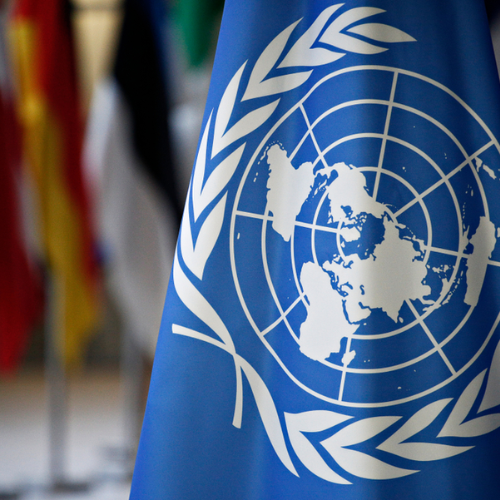China has blocked India’s efforts at the United Nations Security Council (UNSC) to impose sanctions on five known terrorists based in Pakistan. These individuals—Abdul Rauf Asghar, Sajid Mir, Abdur Rehman Makki, Talha Saeed, and Shahid Mehmood Rehmatullah—have been involved in deadly attacks on Indian soil. India, with support from countries like the United States, pushed to get these individuals designated as global terrorists. But each time, China used its veto power to stop the proposals.
India’s security agencies had prepared strong evidence, detailing how each of these men were involved in major terror attacks. These include the 1999 IC-814 hijacking, the 2001 Parliament attack, the 2008 Mumbai attacks (26/11), the 2016 Pathankot airbase strike, and the 2019 Pulwama bombing. Despite this, China placed “technical holds” on the proposals, and eventually blocked them.
One of the key names, Abdul Rauf Asghar, is the brother of Masood Azhar, the founder of Jaish-e-Mohammad. He planned the IC-814 hijacking and played a key role in the Parliament and Pathankot attacks. A joint proposal by India and the US to sanction him in July 2022 was blocked by China in May 2023.
Secret Deals, Sanctioned Names: U.S. Reveals China-Iran Axis Building Weapons of Mass Destruction
Known Terrorists Protected Despite Convictions and Global Listings
Another individual, Sajid Mir, has been wanted for his role in the 26/11 Mumbai attacks. He was convicted in Pakistan in 2022 for terror financing. However, despite his criminal record and being listed as a Specially Designated Global Terrorist (SDGT) by the United States in 2012, China’s objection prevented the UNSC from taking further action.
Abdur Rehman Makki, the head of Lashkar-e-Taiba’s (LeT) political wing, had his proposal initially blocked by China in 2022. Later in 2023, China removed its hold and Makki was placed on the sanctioned list. However, Pakistan later claimed he was dead, raising suspicions about the claim’s truthfulness.
Talha Saeed, son of Hafiz Saeed, is accused of recruiting young men and funding LeT operations in both India and Afghanistan. His listing proposal has been continuously blocked by China since 2022, despite evidence of his involvement in planning and executing terror activities.
China’s Teapot Refineries on the Brink: U.S.–Iran Oil Deal Could Spark Their Collapse
Shahid Mehmood Rehmatullah, the deputy head of Falah-i-Insaniyat Foundation (FIF), another banned outfit, was also on India’s list. He has been linked to funding operations disguised as religious or charity work. These funds were allegedly used to build support networks for anti-India activities. China has prevented any sanctions against him since 2022.
TRF Proposals Also Hit the China Wall
In addition to these five individuals, India also pushed for sanctions on The Resistance Front (TRF)—a new group considered an offshoot of LeT. TRF was reported to be behind the 2025 Pahalgam terror attack. India submitted proposals to the UN in December 2023, May 2024, and December 2024, each with growing evidence of TRF’s role in attacks.
China blocked all three proposals, even the latest one submitted in February 2025. TRF has been described by Indian intelligence as a group used to give a fresh name to older, banned outfits. It is believed to recruit from Kashmir and use social media for spreading radical ideas and plotting attacks.
India’s National Investigation Agency (NIA) had compiled a detailed dossier showing links between TRF and earlier terror networks. Despite that, all three attempts by India to have TRF listed under UN sanctions have failed due to China’s opposition.


